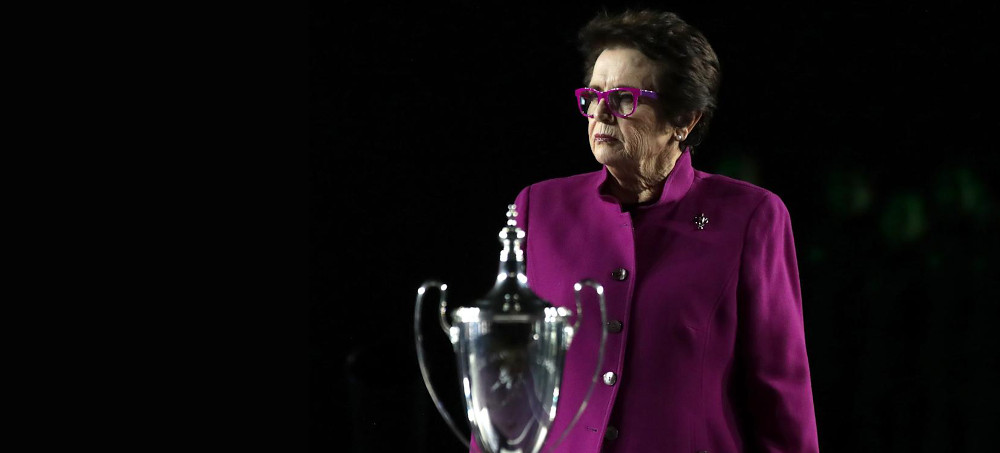Live on the homepage now!
Reader Supported News
Billie Jean King is a former No. 1-ranked tennis player and the author of “All In: An Autobiography.” She co-founded the Billie Jean King Leadership Initiative, a nonprofit organization that seeks equality in the workplace.
In early 1971, I became pregnant. It was unexpected. I was 27 years old and the top-ranked women’s tennis player in the world. I was on the road constantly to help launch the world’s first professional all-women’s tour. In fact, I learned I was pregnant after almost throwing up on court during a match.
Oh dear God, I thought when the test came back positive. Now what do I do?
Telling the media I had the flu, I withdrew from a tournament, and my husband and I spent days talking. Although Larry and I were still friends and business partners, our marriage had been shaky for years. We agreed that a woman had the right to decide if and when she wanted to be pregnant. He said he would support whatever choice I made.
Ultimately, tennis was not the deciding factor. I knew that other players had returned to competition after taking time off for pregnancy and childbirth, including the champion Margaret Court. Twice. But our lives were so complicated and unpredictable that I couldn’t imagine bringing up a child in such chaos.
I was fortunate in several respects: I was able to determine my own future because we lived in California, one of the few states where abortion was legal, as long as the procedure was “therapeutic” and performed by a doctor in a hospital. I could also afford the fee, nearly $580, still a costly amount today.
Anyone seeking an abortion had to obtain approval from a hospital committee — that is, tell a panel of strangers why they believed their pregnancy would “gravely impair” their physical and mental health. Arguing to a dozen or so people I had never met why I qualified for an abortion remains one of the most degrading experiences of my life.
But there was still another indignity: The law required that my husband sign a consent form. Men remained in charge of not just financial matters but even the right to govern my own body.
And this is what it was like where abortion was legal. Those less fortunate than me were forced either to continue an unplanned pregnancy or to risk their health obtaining an illegal abortion — if they could find a provider.
I have never forgotten a 15-year-old I encountered in the waiting room before my procedure. I tried to comfort this terrified girl from Alabama, where abortion was illegal. She was pretty far along. It had taken her months to get to California, where she was staying with a relative, who made the appointment for her. I never saw her again, but I hope that she was able to finish school, earn a good living and have children if she so chose — all things that generations have been able to take for granted in the nearly 50 years since Roe became settled law.
My life’s work has been about equality for all. Nothing did more to advance women’s economic status than the right to abortion that came with Roe. According to a recent amicus brief signed by more than 150 leading economists, “for young women who experienced an unintended pregnancy, access to abortion increased the probability they finished college by nearly 20 percentage points.” And they were nearly 40 percent more likely to enter a professional occupation, the economists noted. That represents a lot of economic opportunity, given that 1 in 4 American women will have an abortion. Research shows that women of color, young women, women with low incomes, rural women and others facing discriminatory barriers to care are disproportionately affected by abortion bans and the restrictions that state legislatures across the South and Midwest keep passing.
The central premise of Roe, which Mississippi seeks to overturn, is about women’s right to make fundamental decisions about their lives, futures and families. If we lose the ability to control our bodies and our futures, so many of the gains women have made will be undone. At stake are not only indignities and inequities but the rights to self-determination and equal opportunity that would fall along with Roe.
Follow us on facebook and twitter!
PO Box 2043 / Citrus Heights, CA 95611



No comments:
Post a Comment